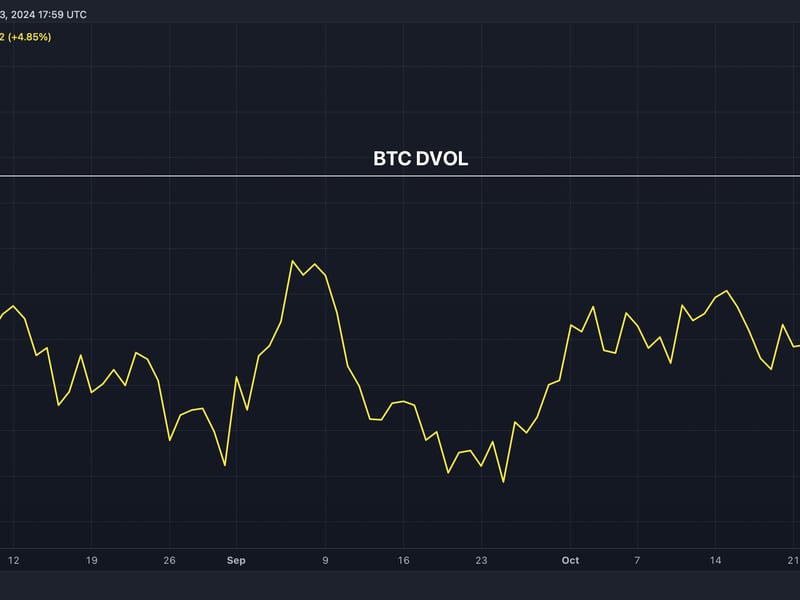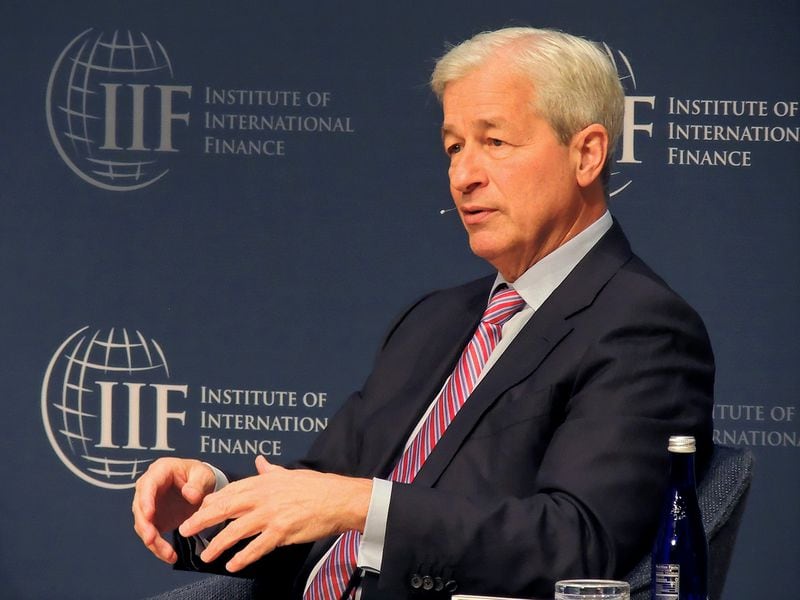Satoshi’s Identity Won’t Be Revealed and That’s a Good Thing
An upcoming HBO documentary claims it has solved the mystery of Satoshi Nakamoto, the creator of bitcoin. But does it really matter?
For years, journalists, bloggers, and filmmakers have tried to uncover Satoshi’s identity, with the latest attempt coming from HBO’s Money Electric: The Bitcoin Mystery (scheduled to air 9 p.m. ET October 8). So far, none have succeeded. Yet the adoption of bitcoin around the world has continued unabated. Bitcoin was always meant to be bigger than one person. The fact that its creator had gone to great lengths to hide his or her identity was always meant to reinforce its decentralized ethos.
Bitcoin’s enigmatic origin is a fundamental part of its allure and value. The idea that an anonymous developer could create a revolutionary form of money that no one controls is a narrative that resonates deeply for a generation shaped by financial crises, widespread mistrust in governments, and the desire for greater economic autonomy over the last 20 years.
Money is a major factor in the constant speculation around Satoshi Nakamoto’s identity. Satoshi is estimated to have as much as 1 million bitcoin, currently valued at about $63 billion. Any sign that those coins are getting cashed out would undoubtedly spook investors, sending bitcoin’s price tumbling.
:format(jpg)/cloudfront-us-east-1.images.arcpublishing.com/coindesk/X36VYWQJYJCSNBNCBKZNUNREQY.png)
But Satoshi Nakamoto has purposely remained anonymous since the very beginning. His intent all along was to address the fact that “the root problem with conventional currency is all the trust that’s required to make it work,” according to his seminal white paper. By remaining anonymous, Satoshi removed any personal bias or centralized control from the equation, ensuring bitcoin could organically grow as a community. At this point, only cryptographic proof will ever be able to prove Satoshi’s identity.
Satoshi shared little about himself, but here’s what we know. We know he wrote the Bitcoin whitepaper and distributed it to the Cryptography Mailing List on October 31, 2008. We know he uploaded early source code to SourceForge. We know he registered bitcoin.org. We know he mined the first block (“Genesis Block”). We know he posted as “satoshi” on the BitcoinTalk forum. And we know that in 2011, Satoshi said in his last known communication that he had moved on to other things, handing the future of bitcoin to the world.
Researchers estimate Satoshi owns between 800,000 and 1 million bitcoin, but Satoshi’s desire for anonymity makes it difficult to know for certain. Those coins are spread across thousands of wallets, and there are only a handful of transactions and blocks that we’re certain were sent or mined by Satoshi. Sergio Lerner’s famous Patoshi Pattern is widely seen as the best theory uncovering which coins were mined by Satoshi himself.
To definitively prove his identity, Satoshi needs to sign a message with keys known to be his, or move coins on-chain that are known to belong to him. Anything less will never suffice. That won’t happen Tuesday night. This documentary won’t solve the riddle. And it shouldn’t! Satoshi’s anonymity is among the most important features of Bitcoin’s origin and a key differentiator between bitcoin and other cryptocurrencies.
More importantly, those intent on unmasking Satoshi should consider the destructive consequences of doxing. The lives of those wrongly unveiled have been wrecked — whether it was Dorian Nakamoto, who endured a media storm, or Hal Finney’s family, who suffered the aftermath of reckless speculation.
If anyone truly respects Satoshi’s legacy, they’d protect what he valued most: Anonymity.
Note: The views expressed in this column are those of the author and do not necessarily reflect those of CoinDesk, Inc. or its owners and affiliates.
Edited by Benjamin Schiller.
Disclosure
Please note that our
privacy policy,
terms of use,
cookies,
and
do not sell my personal information
have been updated
.
CoinDesk is an
award-winning
media outlet that covers the cryptocurrency industry. Its journalists abide by a strict set of
editorial policies.
CoinDesk has adopted a set of principles aimed at ensuring the integrity, editorial independence and freedom from bias of its publications. CoinDesk is part of the Bullish group, which owns and invests in digital asset businesses and digital assets. CoinDesk employees, including journalists, may receive Bullish group equity-based compensation. Bullish was incubated by technology investor Block.one.
:format(jpg)/author-service-images-prod-us-east-1.publishing.aws.arc.pub/coindesk/3652f162-b1b9-42fe-9ce6-a86c4d26acd6.jpg)
Alex Thorn, Head of Firmwide Research at Galaxy Digital, leads a team of researchers dedicated to understanding developments in the cryptocurrency ecosystem, producing insights for internal and external audiences. Prior to Galaxy, Alex spent 12 years at Fidelity Investments, mostly recently co-managing Avon Ventures, an early-stage venture fund.









